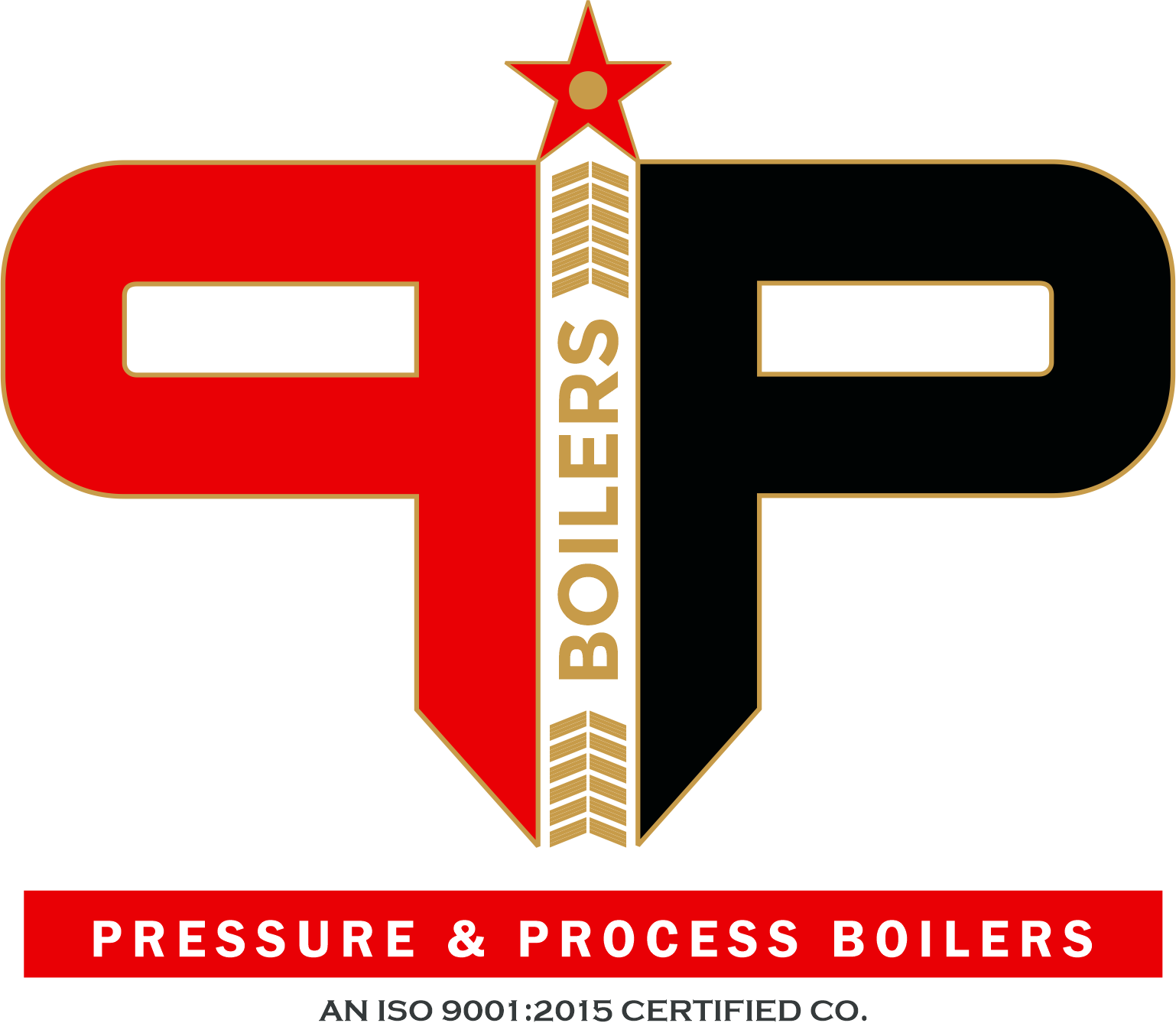Thermic Fluid Heater
Pressure & Process Boilers Pvt. Ltd. offers highly efficient Thermic Fluid Heaters (TFH) designed for industrial applications that require high-temperature heat transfer without the complications of high-pressure systems. These heaters operate on a closed-loop circuit using specialized thermic oils as heat transfer fluids, offering uniform temperature control up to 320°C while ensuring high thermal efficiency and operational safety. Ideal for chemical processing, food production, textiles, and other heat-sensitive applications, our TFHs are engineered for fuel flexibility, energy optimization, and minimal maintenance. With both vertical and horizontal designs available, they offer seamless integration into new or existing process setups.
Capacity
100,000 to 10,000,000 Kcal/hr
Working Pressure
3-4kg/cm2
Temperature
200 to 320°C
Fuel Options
Biomass, Diesel, Natural Gas, Rice husk, Wood Chips, LPG Gas, Furnace Oil, Coal, Pet Coke
Pressure & Process Boilers Pvt. Ltd. offers highly efficient Thermic Fluid Heaters (TFH) designed for industrial applications that require high-temperature heat transfer without the complications of high-pressure systems. These heaters operate on a closed-loop circuit using specialized thermic oils as heat transfer fluids, offering uniform temperature control up to 320°C while ensuring high thermal efficiency and operational safety. Ideal for chemical processing, food production, textiles, and other heat-sensitive applications, our TFHs are engineered for fuel flexibility, energy optimization, and minimal maintenance. With both vertical and horizontal designs available, they offer seamless integration into new or existing process setups.
Thermic Fluid Heaters designed by PP Boilers are engineered to deliver consistent heat transfer for applications such as chemical processing, food production, textile manufacturing, and more. These systems circulate thermally stable oils through a closed loop, absorbing heat in the heater and releasing it at process points. Key design elements include:
- Closed-Loop System: Minimizes heat loss and reduces fuel consumption.
- Non-Pressurized Operation: Safe for high-temperature applications (up to 300°C+).
- Fuel Flexibility: Compatible with biomass, diesel, gas, or agro-waste fuels.
- Automated Controls: Ensures precise temperature regulation and operational safety.
Key Points
- High Temperature Capability: Delivers heat up to 320°C, ideal for energy-intensive processes.
- Precise Thermal Control: Ensures ±1°C temperature accuracy for critical industrial applications.
- Fuel Versatility: Adapts to a variety of fuels including diesel, natural gas, biomass, and agro-waste.
- Low Maintenance: No water treatment, condensate handling, or steam traps required—minimizing operational upkeep.
- Quick Heat-Up Time: Fast temperature ramp-up ensures minimal process delays.
- Energy-Efficient Performance: Maximized heat utilization through closed-loop circulation, lowering fuel cost.
- Scalable Solution: Modular systems allow easy expansion for growing process needs.
- Broad Process Compatibility: Ideal for indirect heating in chemical, food, textile, rubber, pharma, paper, plywood, automotive and more.
- High Operating Temperatures: Thermic Fluid Heaters can achieve higher temperatures than steam boilers, making them suitable for processes requiring high heat levels.
- Precise Temperature Control: They offer accurate and consistent temperature control, essential for sensitive industrial applications.
- Lower Operating Pressure: They operate at lower pressures compared to steam boilers, enhancing safety and reducing the risk of explosions.
- Reduced Maintenance: Thermic fluid systems typically require less maintenance than steam systems as they eliminate the need for water treatment and steam traps.
- Energy Efficiency: The closed-loop design and precise temperature control contribute to energy efficiency, reducing operating costs
Salient Features
- Closed-Loop Oil Circuit: Maintains consistent thermal stability and minimizes heat loss.
- Advanced Automation: Integrated PLC/SCADA for real-time monitoring and safety control.
- Fuel-Adaptive Design: Compatible burner and firing system for solid, liquid, or gaseous fuels.
- Modular Architecture: Engineered for flexible layouts and future capacity upgrades.
- Durable Construction: Uses corrosion- and heat-resistant alloys for long operational life.
- Custom Configurations: Available in vertical or horizontal models to suit space and application needs.
- High Thermal Response Design: Coil and combustion chamber optimized for rapid heating.
- Emission Control Ready: Built to meet CPCB, ISO, and IBR standards with optional filters or scrubbers for solid fuel variants.
- Energy Efficiency: High thermal efficiency reduces fuel consumption.
- Cost-Effective: Lower operational costs due to minimal water treatment and maintenance.
- Temperature Precision: ±1°C accuracy for critical processes.
- Scalability: Modular design for easy capacity expansion.
- Durability: Robust construction with corrosion-resistant materials.
- Quick Startup: Faster heat-up compared to steam systems.
- Versatility: Suitable for diverse industries (chemical, food, textiles).
- Compliance: Meets IBR, ISO, and CPCB norms.
- Reduced Downtime: Automated controls enable uninterrupted operation.
- Eco-Friendly: Compatible with biomass fuels, reducing carbon footprint.
Applications
- Chemical Industry: Reactor heating, distillation, and polymerization.
- Textiles: Dyeing, drying, and curing processes.
- Food Processing: Baking, frying, and sterilization.
- Plywood & Laminates: Hot pressing and glue curing.
- Pharmaceuticals: Granulation, coating, and API synthesis.
- Oil & Gas: Preheating crude oil or natural gas.
- Rubber Industry: Vulcanization and molding.
- Paper Mills: Drum drying and pulp processing.
- Solar Power Plants: Heat transfer fluid systems.
- Automotive: Paint curing and component heating.
